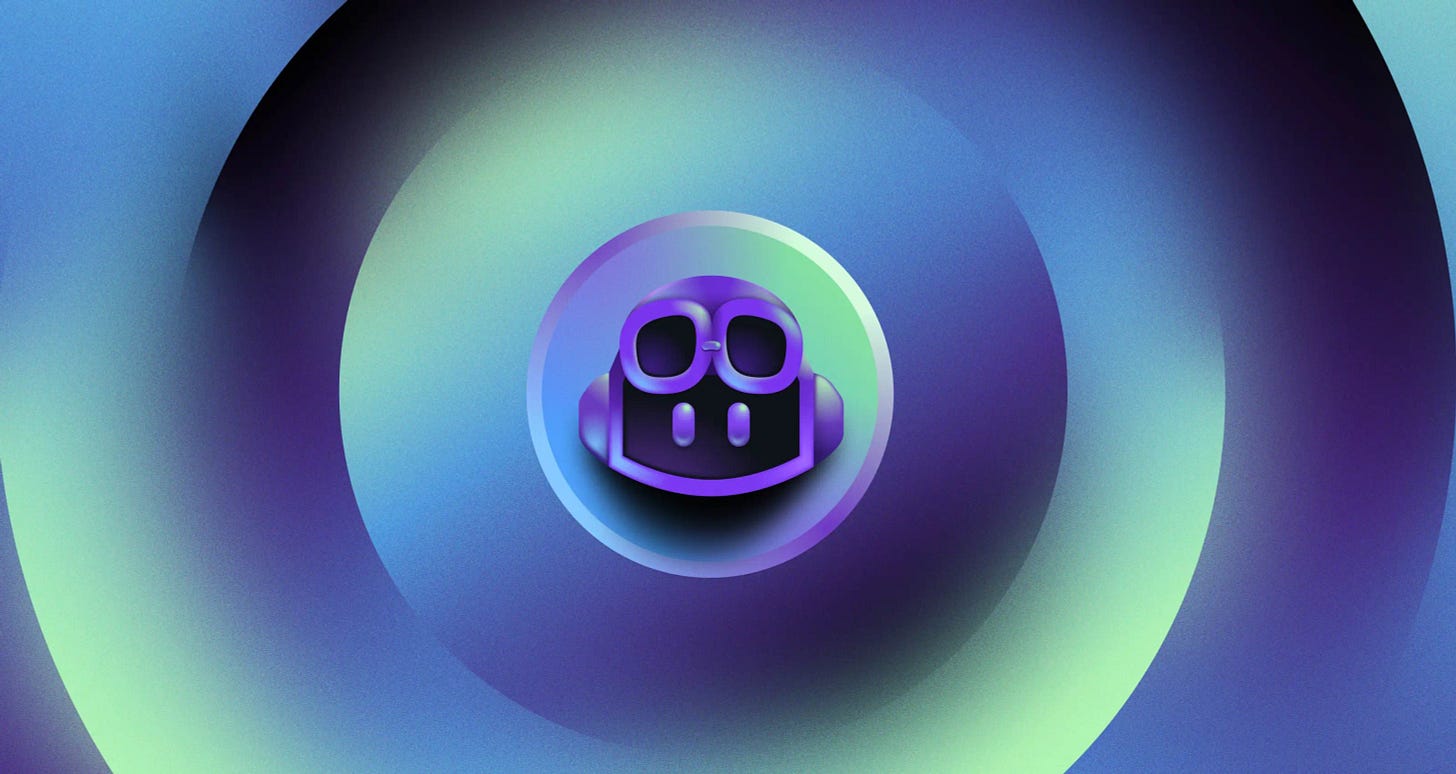AI Roundup 007: GPT everywhere all at once
March 24, 2023
Copilots
Meet Microsoft's AI assistant, Copilot. The company is adding Copilot to Office 365 and Loop, and upgrading Copilot for Github.
What's new:
Copilot for Office 365 looks so so useful if it lives up to the hype. In marketing videos, it can explain and visualize Excel models and can summarize email inboxes in Outlook.
Likewise, the new Copilot X for GitHub is a force multiplier for programmers. The tool promises to give developers answers about a codebase and automatically suggest and write tests.
One of the first (non-technical) ways to try Copilot is with Loop, Microsoft’s Notion competitor, which entered an open preview this week.
The big picture:
Microsoft and OpenAI are moving so fast that everyone else looks like they're standing still. It’s astonishing that a company the size of Microsoft is shipping this quickly.
Microsoft is showing that the biggest impact in AI won't come from startups. It will come from incumbents with millions of users who can build AI into their platforms.
Google has so much catching up to do. The company rolled out Bard this week to a lukewarm response. A year ago, Bard would have been a major tech event. In our post-ChatGPT world, it's barely a top 3 AI news story.
GPT everywhere all at once
OpenAI is moving ChatGPT from a product to a platform with its own app store (or "plugins" if you will).
Why it matters:
Just two of the initial plugins, the ability to browse the web and the ability to interact with Zapier, add huge capabilities to ChatGPT.
ChatGPT is about to get stickier. Business applications will exist long after consumers get tired of writing haikus and hasty business plans.
Plus, one of the key ways to improve LLMs is with better, more diverse training data. Integrations bring massive, proprietary datasets.
Between the lines:
As part of the launch, OpenAI touts "safety as a core principle." But for many, freely connecting LLMs to the internet is a troubling milestone. From Vox: The case for slowing down AI.
The company also published a paper this week estimating that 80% of workers will have at least 10% of their jobs affected by GPTs. Unlike most technology, ChatGPT mainly impacts white-collar jobs. Writers and web developers are at far more risk than lumberjacks and lunch ladies.
Gluten-free, ethically-sourced artwork
Adobe announced Firefly, a "family" of image-generating models that were not trained on copyrighted works. Meanwhile, Canva announced several features (many powered by AI) to make it easier to create custom designs.
Why it matters:
The legal battle over generative AI and copyright is far from over. Adobe Firefly gives businesses (or at least their legal teams) peace of mind.
While Midjourney creates incredible imagery, there's often some editing required. Having the AI inside of Photoshop or Canva makes the artist's workflow that much simpler.
2D is only the beginning. This week Epic showcased Unreal Engine 5.2 and its procedurally generated graphics.
Things happen
Runway announces v2 of its video-generating AI. Bill Gates: "AI is as fundamental as the creation of the PC." Nvidia's play for the AI space. A look at RightWingGPT, an AI fine-tuned to manifest conservative viewpoints. Mozilla: Investing in trustworthy AI.






